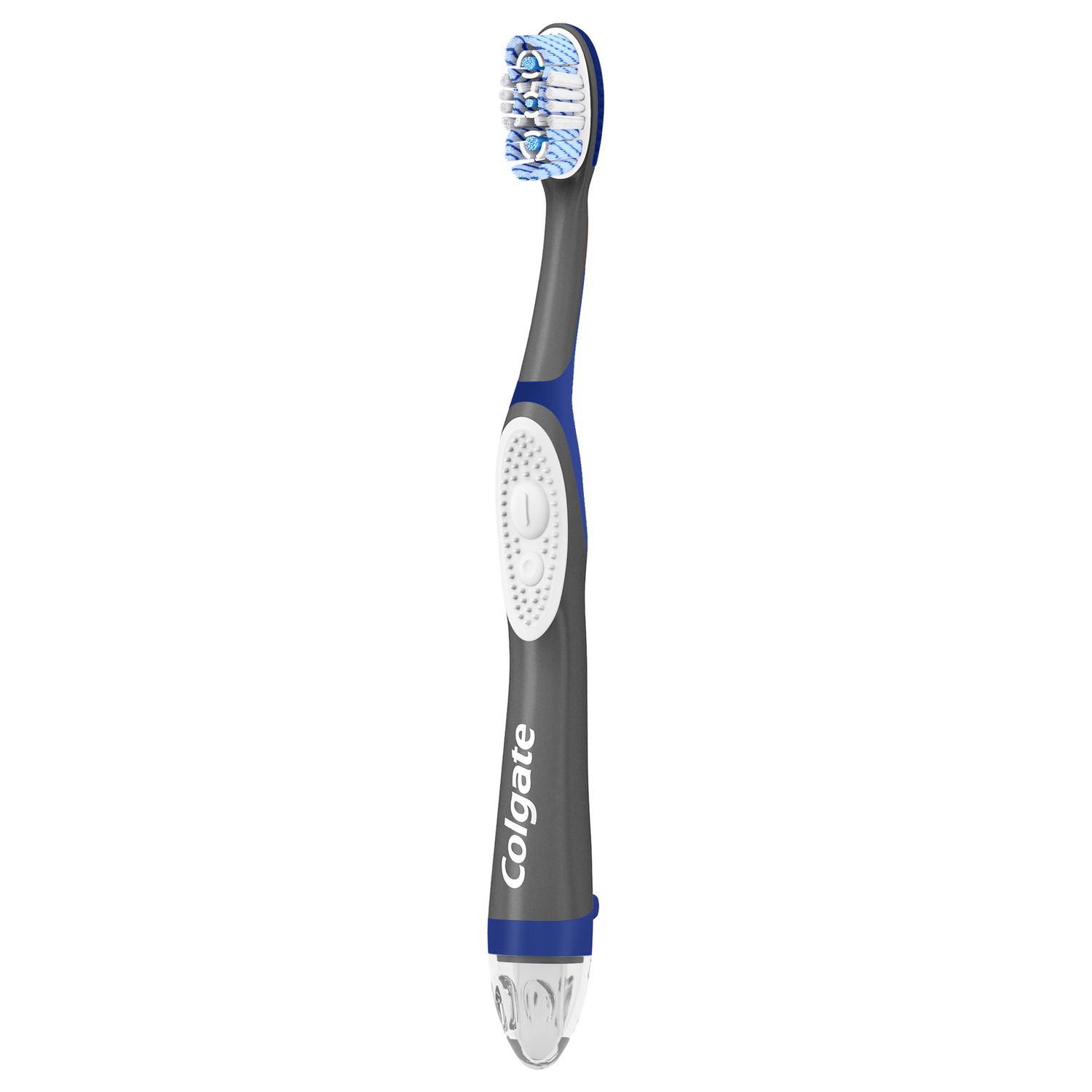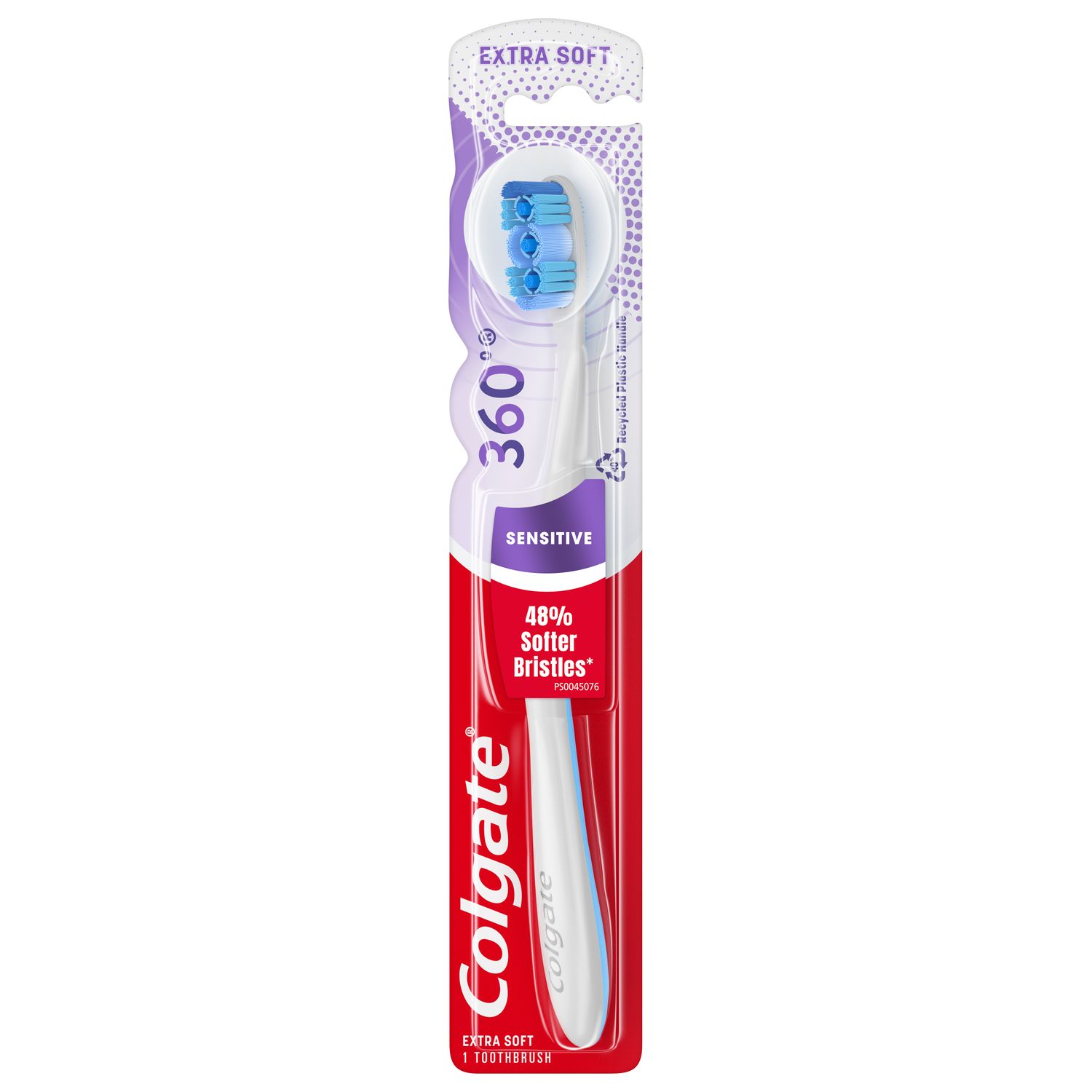Why Are My Gums Swollen?
The main cause of swollen gums is plaque, or biofilm, as a result of poor oral hygiene. When it builds up, plaque can lead to an infection of the gums called gingivitis, or early gum disease. The bacteria in the plaque irritate the delicate gum tissue, and the result is swollen, inflamed and sore gums. You might also notice that your gums bleed when brushing or flossing.
Here are a few other common causes of swollen gums:
- Smoking. Chemicals in cigarette smoke and tobacco can irritate the gum tissue, causing swollen gums and other gum problems.
- Medications. If you've recently started a new medication and are noticing gum swelling, it could be a side effect from your medicine. Make sure to talk to your prescribing doctor before making any changes to your medication regime.
- Different toothpaste or mouthwash. If you've recently switched brands, you may be having a reaction to a new ingredient.
- Poor nutrition. Make sure to include lots of fruits and vegetables in your diet to give your gums the nutrients they need for good health. Specifically, make sure you’re getting enough vitamin C, as a deficiency in this vitamin can show up as bleeding, sore and swollen gums.
- Pregnancy. Inflamed, sensitive and swollen gums are common during pregnancy due to hormone changes.
- Fitted dental appliances. Braces, retainers, and dentures are often associated with swollen or sore gums. Ask your dentist or orthodontist to check and adjust the fit of your appliances so they’re not irritating your gums.
Why Are My Gums Swollen After Flossing?
If you’ve not been a regular flosser, you might be alarmed to find that flossing hurts your gums and leaves them swollen and even bleeding. Rest assured that this is normal in the days after introducing a new flossing habit, especially if you’re suffering from gingivitis. As your gums start to heal, you should notice the bleeding and swelling stops.
Your gums can also become swollen after flossing if you’re using an improper technique. When you're sliding the floss between your teeth, be careful not to snap it into place or saw at your gums with it. Instead, slide it between the teeth and up to the gum line in a gentle back-and-forth motion.
Why Is My Gum Swollen Around One Tooth?
If your gum is only swollen around one tooth, it could be a sign of a localized problem. Possible explanations and solutions include:
An abscessed tooth. An abscess is a pocket of pus that forms below an infected tooth. This can be very serious and needs to be treated quickly. If you also have swelling in the face and jaw, difficulty swallowing, fever, or intense pain, call your dentist urgently.
A dental procedure. If you’ve recently had a dental procedure on the affected tooth, like a filling or a gum graft, swelling may be a natural part of the healing process. However, if the swelling seems to be getting worse, or it’s accompanied by signs of an infection (pus, worsening pain, fever, facial swelling), then contact your dentist urgently.
Stuck food. Sometimes a piece of food can slide down between the teeth and gums, irritating your gum tissue and causing it to swell. Try rinsing your mouth thoroughly to dislodge it, being careful not to pick at it and injure your gums. If you’re unable to remove it, ask your dentist for advice.
Injury or trauma. If you’ve injured your gums or the nearby tooth, it may take a little time for the swelling to subside. Anti-inflammatories may help, but if the swelling gets worse, contact your dentist for advice.
How to Get Rid of Swollen Gums
Here are some tips to give you relief from swollen gums, along with some advice for what not to do.
- Call your dental professional for advice or make an appointment for a check-up.
- Improve your oral hygiene by brushing twice a day and flossing every day.
- Try an antiseptic mouthwash to get rid of any irritating bacteria.
- Increase your fruit and veggie intake, and avoid sugary treats, sodas and caffeinated drinks for a while.
- Rinse your mouth with saltwater. Salt helps reduce swollen gums and ease inflammation.
- Try anti-inflammatory medication. Over-the-counter medication such as ibuprofen can help reduce the swelling and provide pain relief.
- Eat cold foods to help reduce the swelling and soothe your pain.
- Try benzocaine, but be aware that it is not suitable for children or babies.
- Don't ignore the problem. If swelling persists, make an appointment with your dental professional.
- Don’t continue to use irritants. If a specific toothpaste or mouthwash irritates your mouth, don't use it. Note that mouthwashes with alcohol can also contribute to irritation, so choose a gentle, alcohol-free mouthwash instead.
- Don't use alcohol and tobacco. These products can irritate your gums and make swelling worse.
What’s Good for Preventing Swollen Gums?
Good oral care and keeping up with your routine dental visits are the best way to prevent swollen gums. You should brush your teeth twice a day and floss every day. This attention will help prevent plaque build-up that leads to gum swelling and other issues. Even with excellent home oral care, plaque can harden and become tartar. That's why regular dental hygiene appointments and checkups are a must.
How Long Do Swollen Gums Last?
How long swollen gums will last depends on the cause. If you have gingivitis, it might take a couple of weeks of consistent oral hygiene for you to start seeing relief from swollen gums.
If you’ve had an infection, swelling should start to go down in the days after you start treatment. If you’ve had a dental procedure or injury to the gums, you should expect to see swelling go down after a day or two, and then completely subside within 1-2 weeks. In either case, if the swelling persists or gets worse instead of better, it’s a good idea to ask your dentist for advice.
Swollen gums are no fun. More often than not, it's something you can take care of on your own. Once you find out what's causing your swollen gums, you can begin to treat it. Just make sure to talk with your dental professional if it's a chronic issue that's not getting better.
This article is intended to promote understanding of and knowledge about general oral health topics. It is not intended to be a substitute for professional advice, diagnosis or treatment. Always seek the advice of your dentist or other qualified healthcare provider with any questions you may have regarding a medical condition or treatment.
ORAL HEALTH QUIZ
What's behind your smile?
Take our Oral Health assessment to get the most from your oral care routine
ORAL HEALTH QUIZ
What's behind your smile?
Take our Oral Health assessment to get the most from your oral care routine















